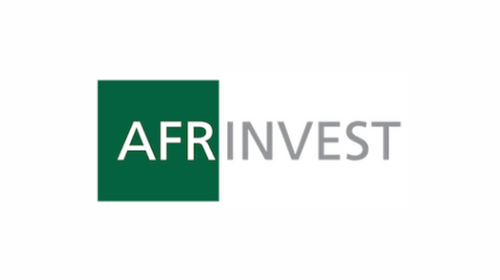Rising inflation, others endanger $1tn GDP plan — Afrinvest
Investment research and advisory firm Afrinvest has raised doubts over President Bola Tinubu’s ambitious projection that Nigeria’s economy would quadruple to $1tn by 2030, citing persistent structural bottlenecks including inflation, low oil production, and challenges in the power sector.
At the recently concluded BRICS Summit in Brazil, President Tinubu declared that Nigeria’s real GDP growth would climb to 7.0% by 2027, and that by 2030, the economy would expand from its current size of $251bn to $1tn. His projection was anchored on Nigeria’s recently rebased GDP figures and ongoing reforms rolled out since mid-2023.
Rebasing Effect on Nigeria’s GDP
According to Afrinvest, the rebased figures put the country’s nominal GDP for 2024 at N372.8tn, a 34.4% improvement over the pre-rebased N277.5tn. In real terms, GDP was estimated at N217.8tn.
However, sharp exchange rate depreciation since mid-2023 significantly eroded the dollar equivalent of the economy. By end-2024, Nigeria’s GDP in dollar terms stood at $251bn—about 50% lower than levels before the administration’s reforms. Despite this, GDP growth in 2024 reached 3.8%, the second-highest since 2014.
The rebasing also improved Nigeria’s debt-to-GDP ratio, which fell to 39.6% from 52.1% previously. Nonetheless, Afrinvest stressed that “economic expansion remains moderate.” The National Bureau of Statistics reported 3.13% year-on-year growth in Q1 2025, well below the pace needed to achieve the President’s target.
Global Growth Projections Differ
Forecasts from the International Monetary Fund (IMF) and the World Bank project Nigeria’s growth at between 3.4% and 3.6% in 2025, with only marginal improvements to an average of 3.8% by 2026–2027—far short of Tinubu’s 7.0% target.
Reform Efforts So Far
Afrinvest acknowledged Tinubu’s bold economic reforms since assuming office in May 2023, including:
-
Removal of the petrol subsidy
-
Liberalisation of the FX market
-
Revenue mobilisation drives
On the monetary side, the Central Bank of Nigeria (CBN) under Dr. Olayemi Cardoso has maintained tight policy measures to curb inflation while clearing FX backlogs to restore confidence in the market.
These moves have created a foundation for growth, particularly in services sectors such as ICT, financial services, and transport. Revenue mobilisation has also strengthened: in 2024, gross and net revenue available for budget rose by 126.5% and 124.4%, respectively, to N34.7tn and N28.6tn.
Persistent Structural Challenges
Despite progress, Afrinvest highlighted key obstacles holding back Nigeria’s economic potential:
-
Inflation, especially food prices, continues to erode household purchasing power.
-
The power sector remains plagued by liquidity gaps, inconsistent tariffs, and arrears to suppliers.
-
Oil production lags due to theft, vandalism, and underinvestment.
“Notwithstanding the ongoing effort of the administration and the mixed outcome of reforms thus far, the President’s call for a 7.0% GDP growth by 2027 and the quadrupling of the current GDP size to $1.0tn by 2030 lacks fundamental drivers,” Afrinvest stated.
What Must Change
For Tinubu’s $1tn economy target to materialise, Afrinvest estimates that:
-
Nominal GDP must exceed $800bn by end-2026, requiring no less than 40% nominal growth in both 2025 and 2026.
-
Alternatively, the naira-to-dollar exchange rate would need to strengthen to above N500/$ from 2027 onward.
Afrinvest, therefore, urged the government to accelerate reforms by:
-
Boosting oil production to at least 2.0 mbpd
-
Enforcing cost-reflective electricity tariffs with targeted subsidies for vulnerable households
-
Ensuring FX market stability
-
Implementing comprehensive tax reforms
-
Addressing food security through agricultural interventions and social safety nets














Post Comment